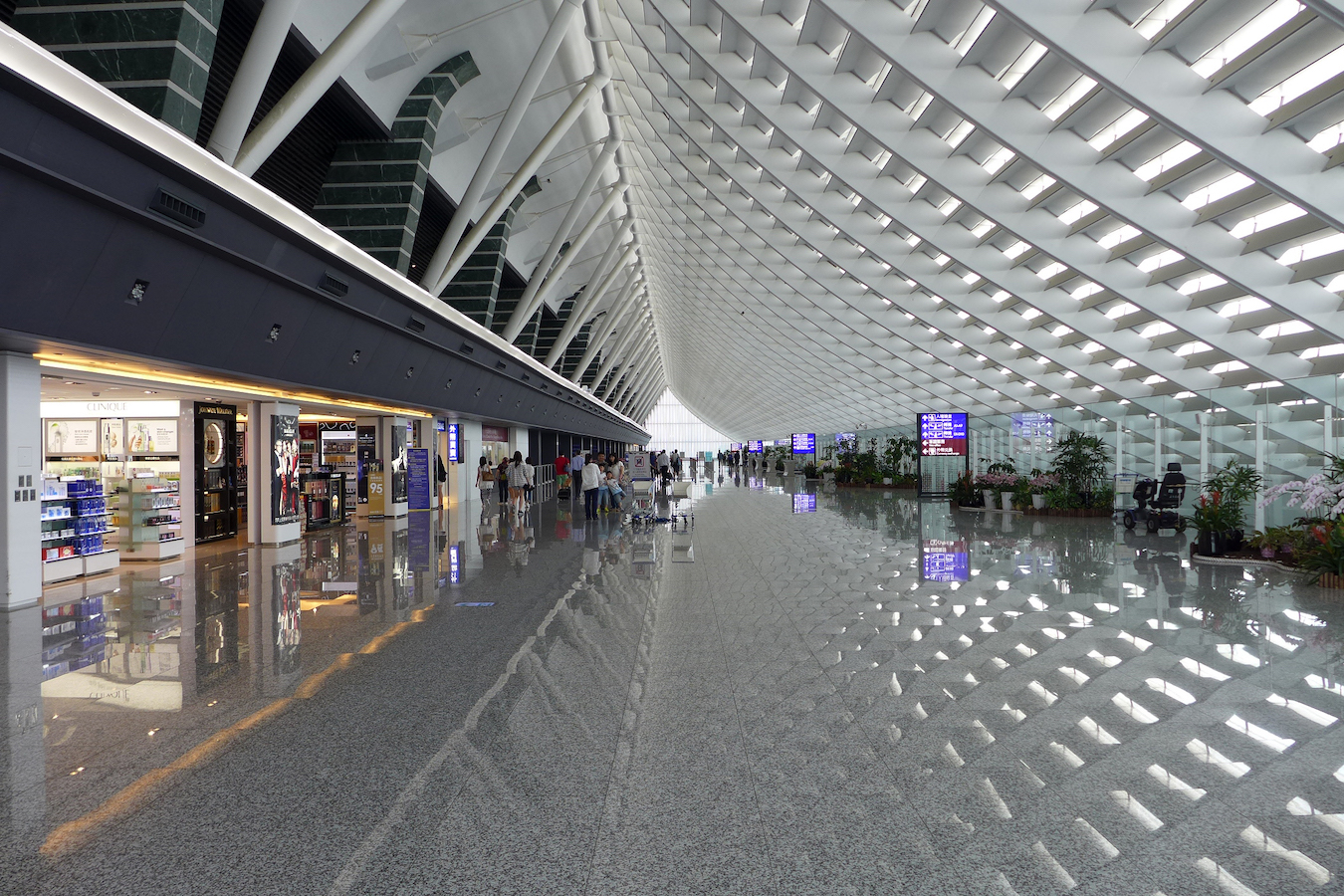by Brian Hioe
語言:
English
Photo Credit: Cheng-en Cheng/WikiCommons/CC BY-SA 2.0
THREE CHINESE ASYLUM seekers were sent back to Malaysia in November, though this news was only reported on earlier this month. The incident proves revealing about the lack of transparency and clear oversight over asylum procedures that occurs as a result of Taiwan’s lack of formal asylum procedures.
The three asylum seekers were Tian Yongde, Wei Yani and Huang Xingxing. Huang is the seventeen-year-old son of Wei, while Tian is 52 and Wei is 53. Tian claims to be a former volunteer for the 64 Tianwang Rights website, whose founder Huang Qi was sentenced to 12 years imprisonment, and whose other members have been targeted. Wei Yani claims to have been imprisoned for over ten years, mostly over attempts to petition the state for rights. Both have stated that they have been harassed by the state on various occasions, inclusive of attempts by state security forces to harass their employers.
The three asylum seekers sought to stay in Taiwan, by refusing to board a flight that was to Beijing. The Taiwanese government responded by sending the three back to Kuala Lumpur, Malaysia, their previous stop before traveling to Taiwan.
The trio hold temporary refugee cards from the United Nations High Commission for Refugees in Bangkok, which means that they have been vetted for their backgrounds. However, Tian, Wei, and Huang did not wish to remain in Bangkok and hoped to settle in a third country due to Thailand’s past history of deporting Chinese asylum seekers back to Thailand.
To this extent, one of the Causeway Bay booksellers, Gui Minhai, who was a Swedish national, was kidnapped from within Thailand. The Causeway Bay booksellers were a group of five Hong Kong booksellers who published texts critical of the Chinese government that disappeared between October and December 2015, later reappearing in China where they claimed to have voluntarily turned themselves into the Chinese government for past crimes. Gui is unlikely to have been kidnapped from Thailand without the cooperation of Thai authorities.
 Photo credit: Wing1990Hk/WikiCommons/CC BY 3.0
Photo credit: Wing1990Hk/WikiCommons/CC BY 3.0
This is not the only time that Chinese asylum seekers have stopped in Taiwan on their way somewhere else, using an onward ticket as a means of entering Taiwan. In September of last year, Chinese dissident Chen Siming spent two weeks in Taoyuan International Airport before being settled in Canada.
Chen carries out commemorations of the Tiananmen Square Massacre annually, carrying this out yearly since 2016. As such, in recent years, Chen has been detained ahead of the June 4th anniversary of the Tiananmen Square Massacre. Chen also organized solidarity activities for the 2019 protests in Hong Kong, including with regards to when a medic was blinded by police after being shot in the eye. Chen was warned by Chinese state security forces about his actions.
In May 2023, Chen believed that he faced imminent targeting from Chinese authorities, posting about this on Facebook. Chen fled to Laos in July 2023, then moved onward to Thailand after the arrest of Chinese human rights lawyer Lu Siwei there. In Bangkok, Chen was granted a one-year asylum ID after registering with the United Nations High Commissioner for Refugees.
Chen stopped in Taiwan with an onward flight to Guangzhou that he did not board. But this was following the precedent of Yan Bojun and Liu Xinglian, who arrived in Taiwan through a transfer from Thailand in late 2018. Yan and Liu spent more than one hundred days in Taoyuan International Airport in late 2019 and early 2019 before they were allowed to enter, following international media reports on the incident.
The two had a known and verifiable history of activism, seeing as Yan was a participant in the New Citizens’ Movement and Liu was one of the founders and the secretary-general of the NGO China Rights Observer. Yan had previously been imprisoned in China for nine months, following which developed a tumor on his left adrenal gland, and he alleged torture during his imprisonment.
Yan and Liu were hoping to seek asylum in Taiwan or elsewhere, with Yan having fled China to Thailand after hiding in the compartment of a bus for over 24 hours, and then having decided to leave Thailand after police began visiting the clinic he was illegally working at.
On the whole, it is unclear why Yan and Liu were allowed into Taiwan, while Chen was allowed to resettle in Canada, and Tian, Wei, and Huang were turned away, though many of these individuals were registered with the United Nations High Commissioner for Refugees. Such issues could be avoided if Taiwan had a standardized process for asylum seekers. Yet asylum seekers are instead handled on a case-by-case basis by authorities at present, something that civil society advocates have criticized as resulting in cases being deflected between government stakeholders such as the Ministry of Foreign Affairs, National Immigration Agency, and other ministries. This situation does not seem likely to change anytime soon.

